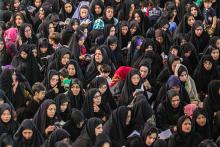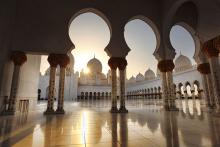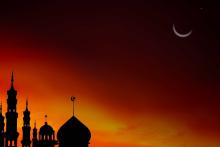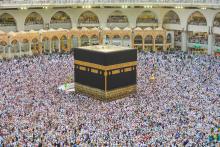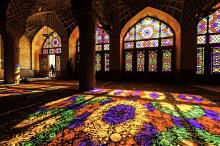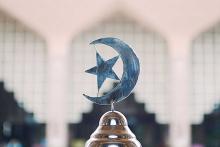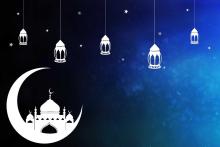Islam / Muslim
Brief Overview on Islam
Muslim follows Islam as their religion, and they believe in One God, Allah, and Prophet Mohammad (PBUH) as their last Prophet, and Quran as their Holy Book. Islam started in Mecca, Saudi Arabia, when Prophet Mohammad (PBUH) received his first revelation from Allah through Angel Gabriel. He started preaching the message of Allah to others and due to his tireless effort, kindness, and honesty people started following him and Islam grew. Today it is the second largest religion, with around 1.8 billion Muslims around the world.
Major belief in Islam are: Oneness of Allah (Allah is one and there is no other like Him), Angels (Allah’s creation, created to fulfill Allah’s command), Holy Books (Devine Books: Torah, Psalm, Gospel, and Quran revealed respectively to Prophet Moses, David, Jesus, and Mohammad over time), Prophets (Messenger of Allah who spread His words), and Day of Judgment (A day when human beings will be resurrected and judged for their good and bad deeds).
Every Muslim must perform these five obligations, also known as the Pillar of Islam
- Shahadah (which means reciting that Allah is One and Prophet Mohammad is His Prophet),
- Salat (offering prayers five times a day at a predetermined time),
- Zakat (giving 2.5% of one’s income and wealth to the poor and needy),
- Sawm (observing fast from dawn to sunset during the month of Ramadan),
- Hajj (financially and physically-able Muslims are required to perform Hajj in the month of Dhul Hijja once in their lifetime).
Muslim follows Islamic Calendar, which is a Lunar Calendar (base on the sighting of the new moon).
There are twelve months in the Islamic Calendar.
- Muharram
- Islamic New Year (1 Muharram)
- Ashura (10 Muharram) - Safar
- Rabi-al-awwal
- Mawlid an-Nabī ('Birthday of the Prophet Muhammad) - Rabi-ul-thani
- Jumada-al-awwal
- Jumada-al-thani
- Rajab
- Isra and Mi’raj (27 Rajab) - Shaaban
- Ramadan
- Laylat Al-Qadr - Shawwal (Eid al-Fitr)
- Dhul Qaddah
- Dhul Hijja (Eid al-Adha)
- Hajj
Some of these months bear significance to Muslims.
Muharram is the first month of Islamic Calendar and signifies the start of a new year. It is also the month when Shia Muslims (a sect of Muslim) mourns the death of Imam Hussain (grandson of Prophet Mohammad PBUH) and his family in the Battle of Karbala.
Muslim celebrate 12th of Rabi-ul-Awwal as the day of the birth of Prophet Mohammad (PBUH) (Eid-e-Milad un Nabi). On 27th of Rajab Shab-e-Miraj is celebrated. It is on this night when Prophet Mohammad travels from Mecca to Jerusalem and to Heaven, and five prayers a day became obligatory to Muslims. Between 14th and 15th Shaaban, Muslim celebrates Shab-e-Barat as it is considered as one of the sacred night because peoples’ destiny is decided and Allah forgives sins of people.
Ramadan is the month of fasting for Muslims which followed by the celebration on the first day of Shawwal (Eid-ul-Fitr). Last ten days of Ramadan are considered as important to Muslims because they believe that any of the odd nights, from 21st to 29th Ramadan, is the night of Qadr (Laylat-ul-Qadr). It is the Night of Power, which is considered superior to other nights. Muslims pray during these nights till dawn, and past sins can be forgiven.
Lastly, Dhul Hijja is the last month of Islamic Calendar, and it is important for Muslims because Hajj is performed on 9th on this month and Eid-ul-Adha is celebrated on the next day (10th Dhul Hijja).
Content Editor: Iqra Memon

